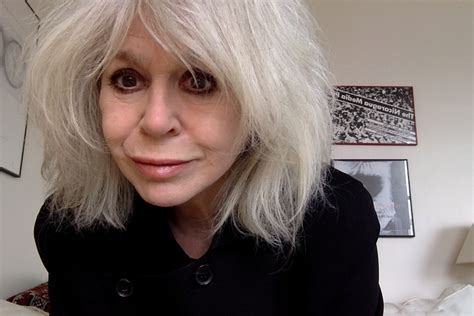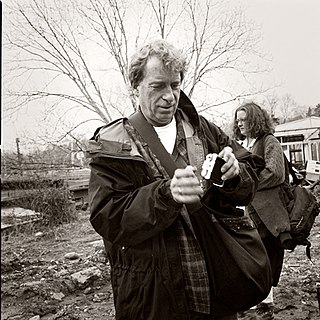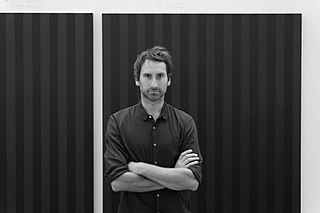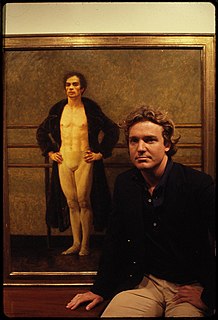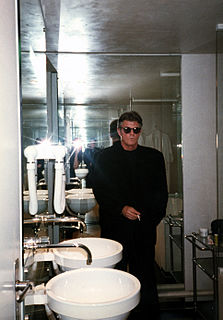A Quote by Abigail Solomon-Godeau
... photography, like all camera-made images such as film and video, effaces the marks of its making (and maker) at the click of a shutter. A photograph appears to be self-generated - as though it had created itself.
Related Quotes
I am myself a professional creator of images, a film-maker. And then there are the images made by the artists I collect, and I have noticed that the images I create are not so very different from theirs. Such images seem to suggest how I feel about being here, on this planet. And maybe that is why it is so exciting to live with images created by other people, images that either conflict with one's own or demonstrate similarities to them.
One night I had an idea while I was at the movies: to photograph the film itself. I tried to imagine photographing an entire feature film with my camera. I could already picture the projection screen making itself visible as a white rectangle. In my imagination, this would appear as a glowing, white rectangle; it would come forward from the projection surface and illuminate the entire theater. This idea struck me as being very interesting, mysterious, and even religious.
My background is in painting but in school in the sixties, like many artists of that time, I believed that painting was dead. I began to work in collaboration with other artists in the creation of performances and installation works. Soon after, I started making video and photographic works and in the process became fascinated with the media itself. Before long I was setting things up just for the camera. In l970 I got a dog and he turned out to be very interested in video and photography as well.
I never had any intention nor interest in being an artist, but when I made work I realized that this was my language. What I had to say needed to be said in this way. I always loved taking photographs - but never considered myself a photographer. I have tremendous respect for photographers. I do use a camera and a photo as a basis for a lot of my work, but I use it as a means to attain an image to work from. The actual photography in my work is a monochromatic photograph. I'll photograph something and extract a color that will then be the background for a painting.
